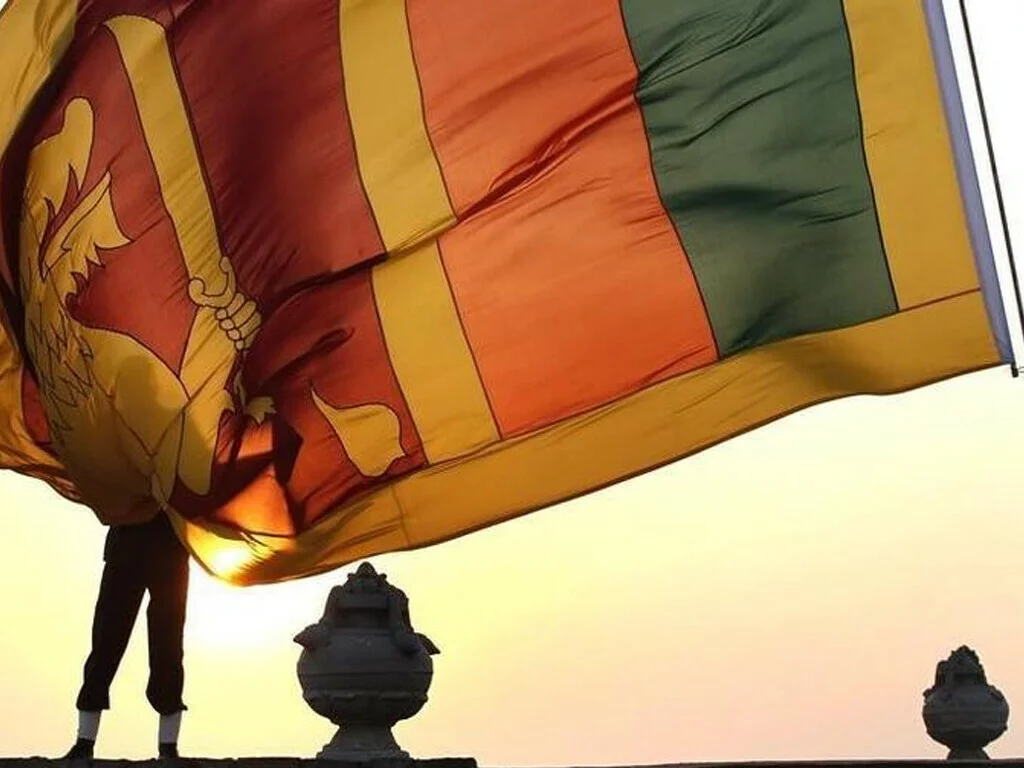Sri Lanka faces opposition protests and uncertainty as it postpones local elections due to a lack of government funding. The move raises concerns about the country’s democracy and its future under the new president.
COLOMBO: A top official announced that bankrupt Sri Lanka will postpone the local elections due next month. This decision prompted opposition protests on Tuesday, which forced parliament to adjourn.
The March 9 vote was meant to test President Ranil Wickremesinghe’s support. He took office in July after months of protests over a dire economic crisis.
According to a court submission by the Election Commission, the treasury has refused to fund the printing of ballot papers. It has also denied funding for fuel and police protection for polling booths. This has led to the postponement of local elections in Sri Lanka.
“I had given an undertaking to the Supreme Court recently that the poll will be held on time,” Election Commission chief Nimal Punchihewa told.
“But, I am now informing court that we won’t be able to do it because the government is not releasing the necessary funds.” The president previously said elections were impossible as state revenue was insufficient to pay salaries and pensions and maintain essential services.
SEE ALSO: https://southasiatimes.org/sri-lanka-the-great-economic-recession/
Raised Prices and Taxes
Wickremesinghe, who replaced Gotabaya Rajapaksa after protesters stormed the presidential palace, has implemented significant tax hikes and price rises. He has done this in an effort to secure a bailout from the International Monetary Fund.
On Tuesday, opposition MPs carried placards to protest what they claimed was a government attempt to avoid voter scrutiny and cling to power. This led to the adjournment of parliament.
“The government is using the economic crisis to suppress democracy and sabotage elections,” opposition MP Wimal Weerawansa said.
The top court of Sri Lanka is expected to rule on Thursday. However, it remains unclear whether the government will have the cash to proceed even if the judge orders the polls to go ahead.
The estimated cost of the vote is about $27.6 million.
Published in Dawn, February 22nd, 2023
Source: Dawn News






